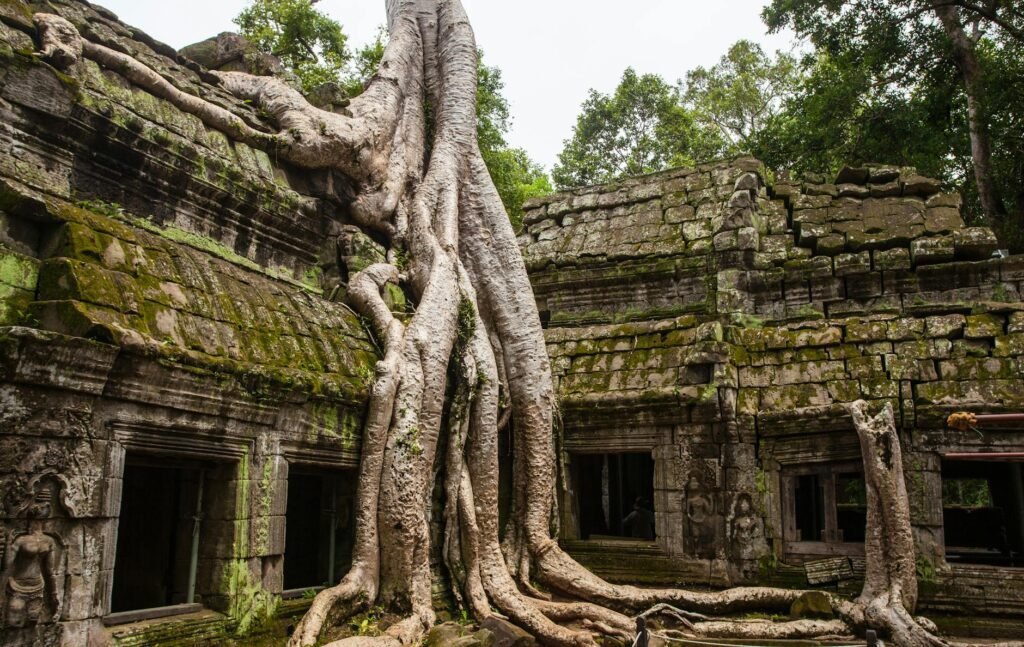Siem Reap, Cambodia, the gateway to the magnificent Angkor Wat, draws millions of visitors annually. But with this influx of tourists comes a responsibility to travel ethically, ensuring that our exploration benefits the local community and preserves the country’s rich cultural heritage. This guide explores how to experience Siem Reap responsibly and make a positive impact.
Understanding Ethical Tourism
Ethical tourism goes beyond simply visiting a place; it’s about minimizing your negative impact and maximizing your positive contribution. In Siem Reap, this means respecting local customs, supporting local businesses, and contributing to the preservation of Angkor’s temples and the surrounding environment. 
Supporting Local Communities
One of the most effective ways to practice ethical tourism is by supporting local businesses. Instead of staying in large, international hotel chains, consider choosing locally owned guesthouses or homestays. This directly benefits the community and provides a more authentic cultural experience. Look for businesses that employ local people and prioritize fair wages. Consider taking a cooking class to learn about Cambodian cuisine from a local chef, or participate in a community-based project. Learn more about fair-trade tourism here.
Respecting Cultural Norms
Cambodia has a rich and deeply spiritual culture. When visiting temples like Angkor Wat, dress modestly, covering your shoulders and knees. Remember to be mindful of your photography; avoid taking pictures of monks without permission and be respectful of prayer ceremonies. Learning a few basic Khmer phrases can go a long way in showing your respect for the local culture. 
Protecting the Environment
The natural beauty of Siem Reap and the Angkor Archaeological Park is a major draw for tourists. Help protect this environment by reducing your plastic consumption, using reusable water bottles, and avoiding single-use plastics. Support eco-conscious tour operators who prioritize sustainability and responsible waste management. Read more about sustainable practices in Siem Reap.
Responsible Shopping
When shopping for souvenirs, be mindful of where your purchases come from. Avoid items made from endangered species or those that exploit child labor. Instead, look for handcrafted goods made by local artisans, supporting their livelihoods directly. You can find beautiful textiles, ceramics, and other unique items at local markets and shops, ensuring your spending contributes to the local economy. Find ethical shopping guides online. [IMAGE_3_HERE]
Minimizing Your Footprint
Consider your travel choices’ environmental impact. Opt for public transportation or walking whenever possible, reducing your carbon footprint. When using tour services, choose companies committed to sustainable practices. By making conscious decisions throughout your trip, you can significantly minimize your negative impact on Siem Reap and its environment. Discover eco-friendly transportation options.
Conclusion
Ethical tourism in Siem Reap is about creating a mutually beneficial relationship between visitors and the local community. By making informed choices and being mindful of your actions, you can contribute to the preservation of Cambodia’s cultural heritage and ensure that tourism benefits the local people. Remember to be respectful, support local businesses, and minimize your environmental footprint. Explore responsible travel resources.
Frequently Asked Questions
What is ethical tourism? Ethical tourism is about traveling responsibly, minimizing your negative impact, and maximizing your positive contribution to the local community and environment.
How can I support local businesses in Siem Reap? Stay in locally owned guesthouses, eat at local restaurants, and buy souvenirs from local artisans. Avoid large international hotel chains.
What are some ways to protect the environment while visiting Siem Reap? Reduce your plastic consumption, use reusable water bottles, and choose eco-conscious tour operators.
Why is ethical tourism important? Ethical tourism ensures that tourism benefits the local community, preserves the environment, and respects the local culture.
What should I consider when shopping for souvenirs? Avoid items made from endangered species or through exploitative labor practices. Support local artisans and fair-trade products.